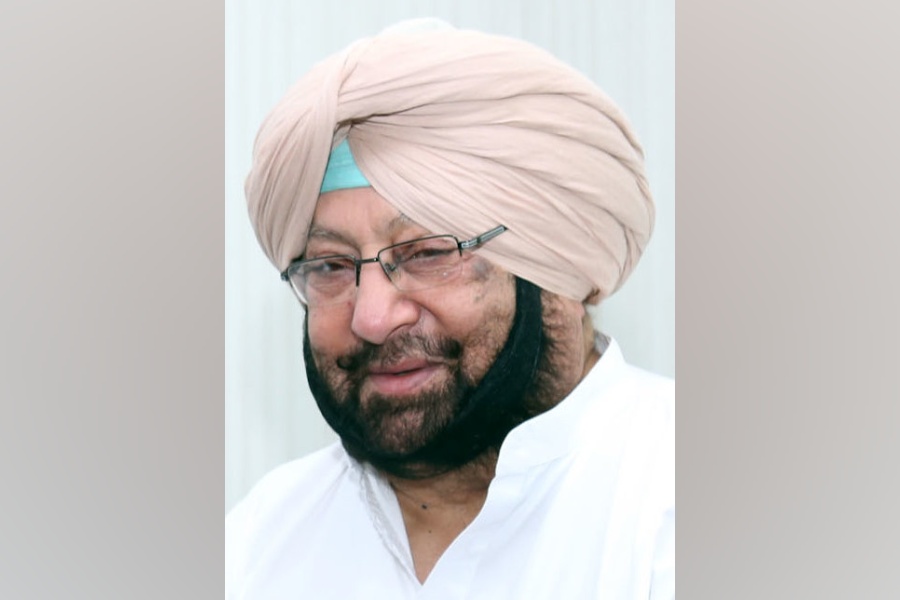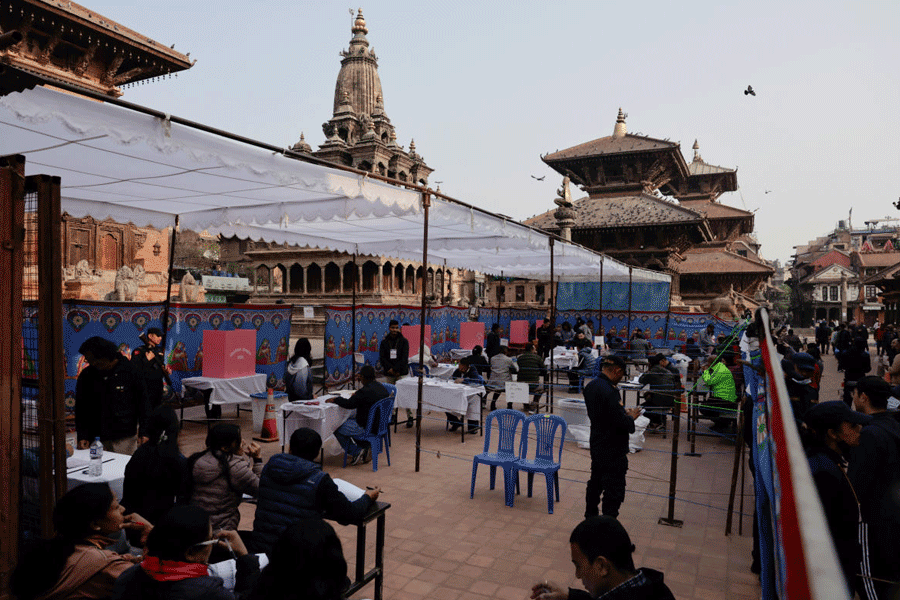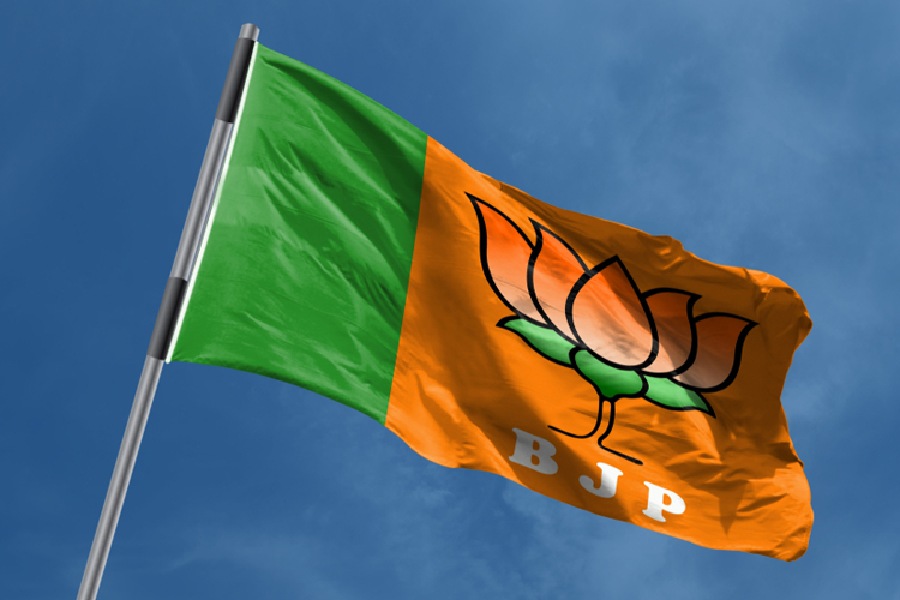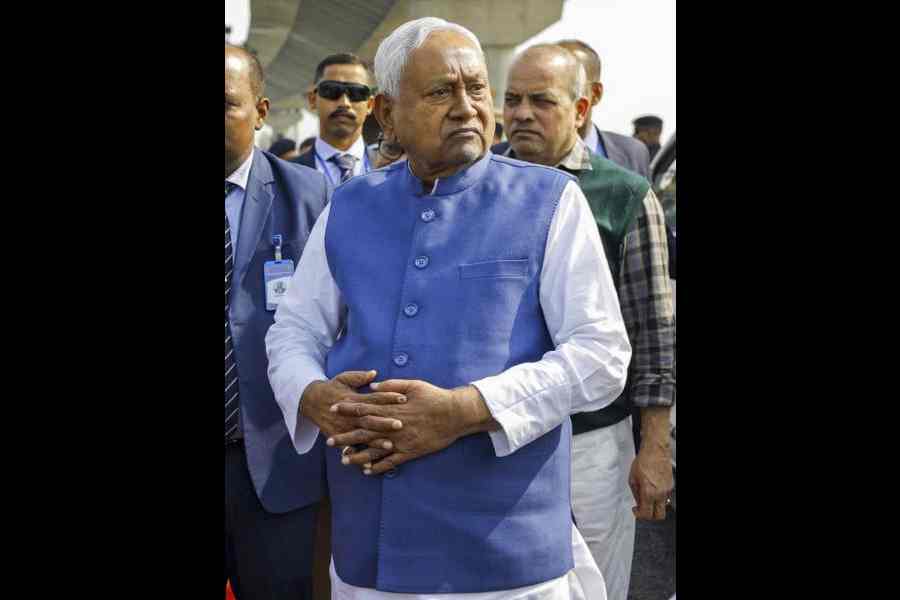The Punjab and Haryana High Court on Wednesday dismissed petitions filed by former Punjab Chief Minister Captain Amarinder Singh and his son Raninder Singh seeking to stop the ED from inspecting an I-T department chargesheet which accuses them of allegedly being the beneficiaries of certain foreign assets, including a Swiss bank account.
The Singhs contended that the Enforcement Directorate (ED) couldn't be allowed access to the documents while referring to a bar on disclosing any information received by the contracting state (India) to a third party under Article 28 of the Convention under the "Agreement for Avoidance of Double Taxation with France".
The matter stems from "credible" information and "master sheets" received by India from the French government in 2011 alleging Singhs were "beneficiaries" of foreign assets "maintained and controlled" through foreign business entities including a Swiss bank account and an asset in Dubai, held through a trust.
"The ED is permitted to inspect the record of the complaints before the Magistrate and access the information/documents; however, the same shall not be disseminated publicly unless permitted in accordance with law," Justice Tribhuvan Dahiya's order read.
The Income Tax Department (I-T) filed a complaint (chargesheet) against the accused before the court of chief judicial magistrate, Ludhiana in 2016 under Section 277 (prosecution for making false statements or producing false accounts/documents), among other sections of the IPC.
The ED subsequently moved an application before the magisterial court for the inspection of documents filed by the I-T department, or, in the alternative, seeking directions to the department to provide a copy of those documents as it was probing the said case under the Foreign Exchange Management Act (FEMA).
The magistrate allowed the ED plea but the Singhs challenged it before a Ludhiana additional district court, which upheld the magistrate's order.
Following the setback, the Singhs moved the high court and argued that the I-T records contained "secret" information given by the French Republic to the Government of India which created a "specific bar" on providing any such information to a stranger under the Double Taxation Avoidance Agreement (DTAA) between the two nations.
The ED argued that the magisterial court had only allowed it to access "judicial documents" and rules of the Punjab and Haryana High Court "specifically" allowed even a "stranger to inspect" a court record for sufficient reasons.
The high court upheld the order of the additional district judge, observing it was "well-reasoned" and did not suffer from any infirmity or legal error.
"The department has locus standi to inspect the file and in case the inspection to the ED is not allowed which is competent authority under the law to conduct the investigation, it would create hurdle in the investigation," the high court noted.
The order further observed there was "no absolute bar of secrecy" under the DTAA.
Instead, the agreement specifically provided that the information could be disclosed in public court proceedings akin to the case at hand, it added.
The high court said the proceedings were related both to the issue of tax collection with respect to unaccounted monies deposited in foreign bank accounts and the manner in which such monies were generated, which may include criminal activities.
"Comity of nations cannot be predicated upon clauses of secrecy that could hinder constitutional proceedings such as these, or criminal proceedings," the high court said.
The high court dismissed the petitions and said the ED sought the documents filed by the I-T department before the court only for carrying out the investigation against the petitioners and not for public dissemination.
The petitioners, it said, had no right to object to it by alluding to the DTAA as it rejected another contention of the Singhs, drawn from a Supreme Court ruling, which says "what cannot be done directly, can also not be done indirectly".
Except for the headline, this story has not been edited by The Telegraph Online staff and has been published from a syndicated feed.












